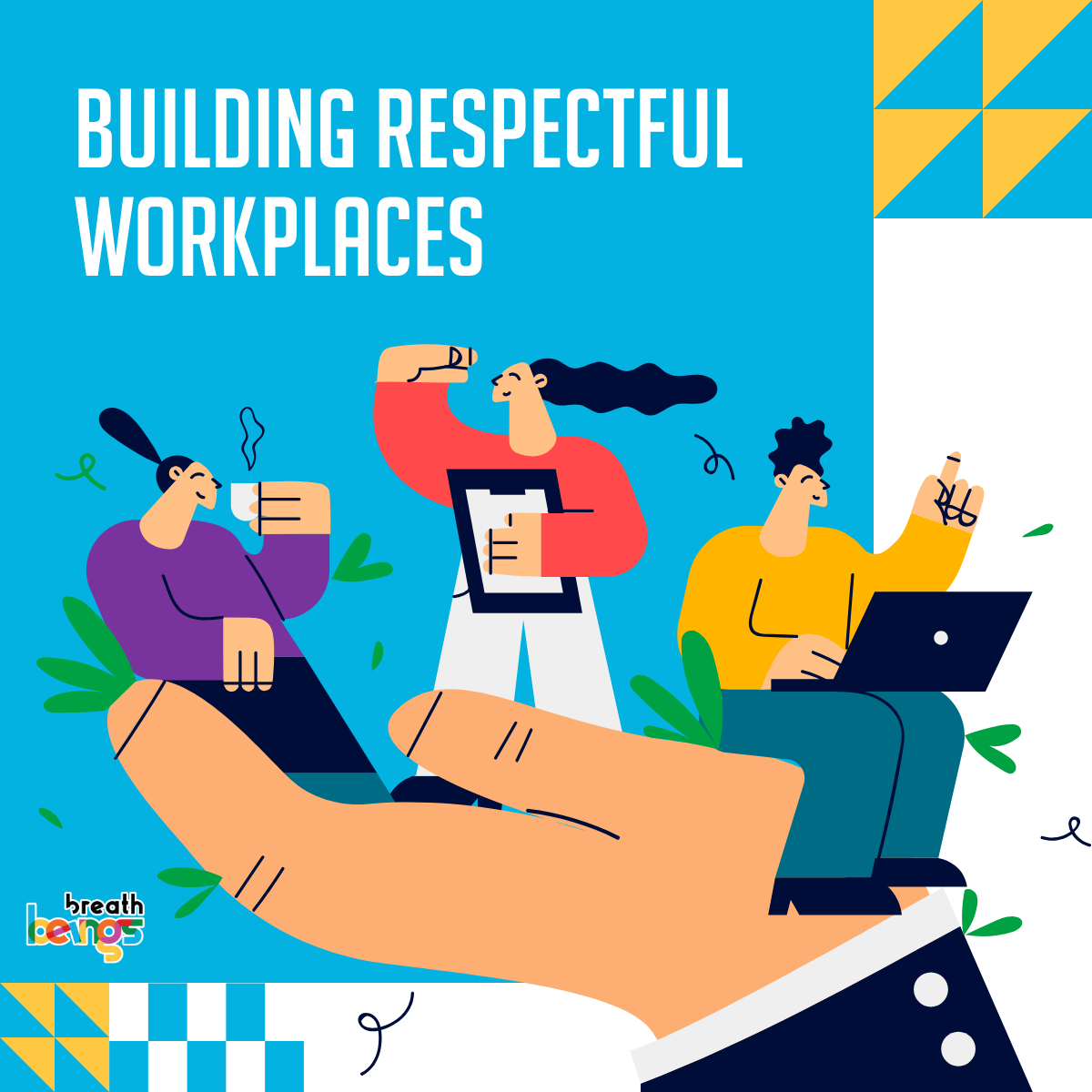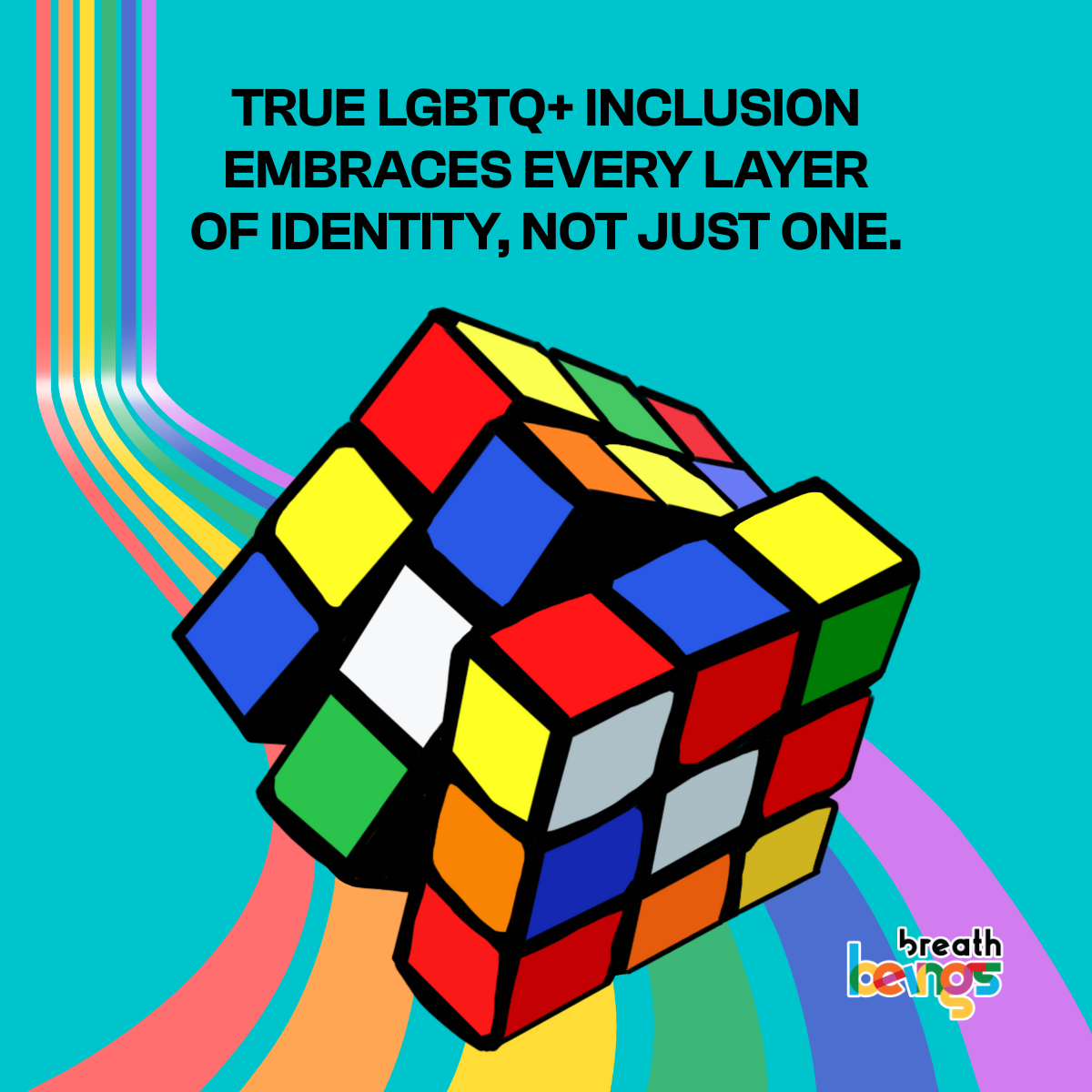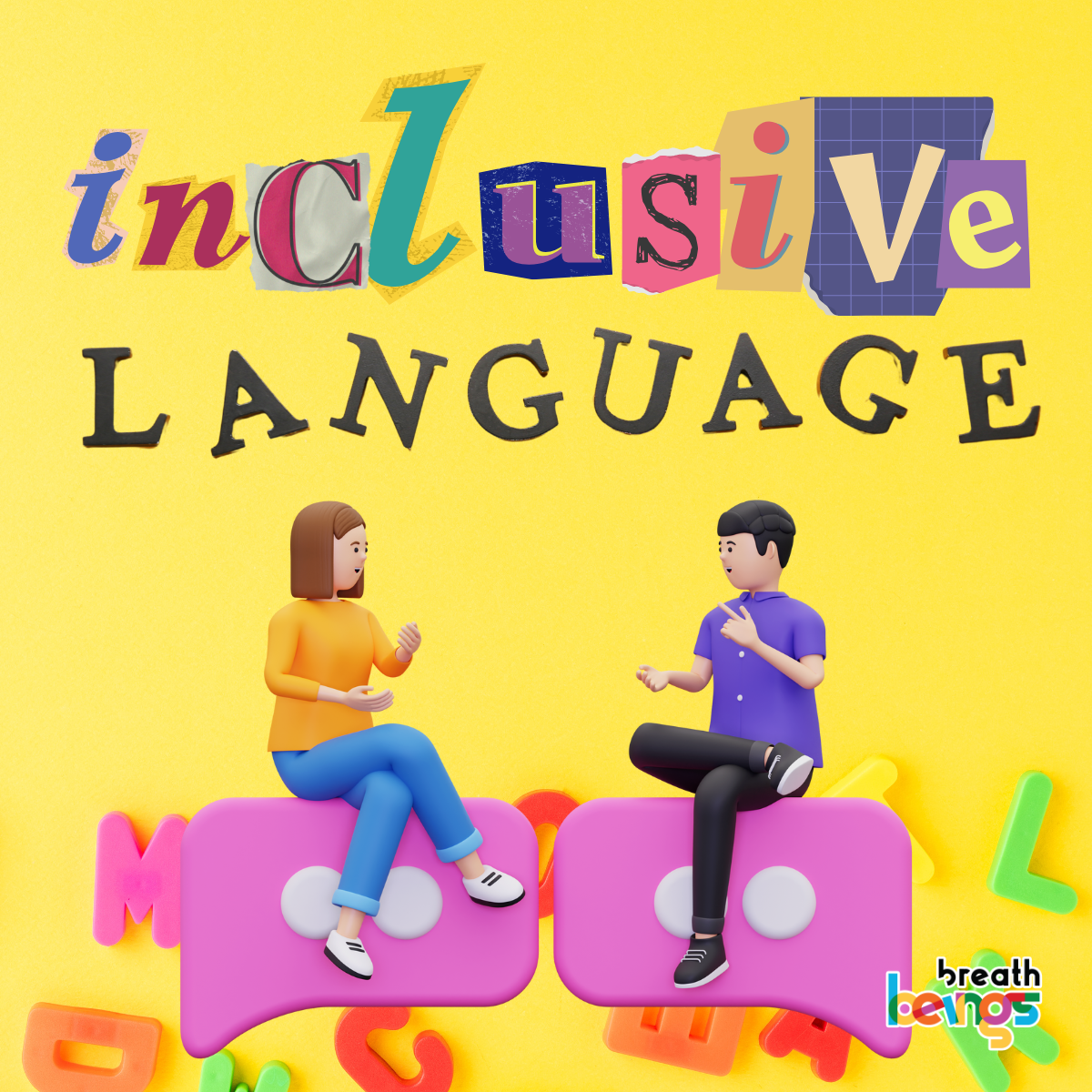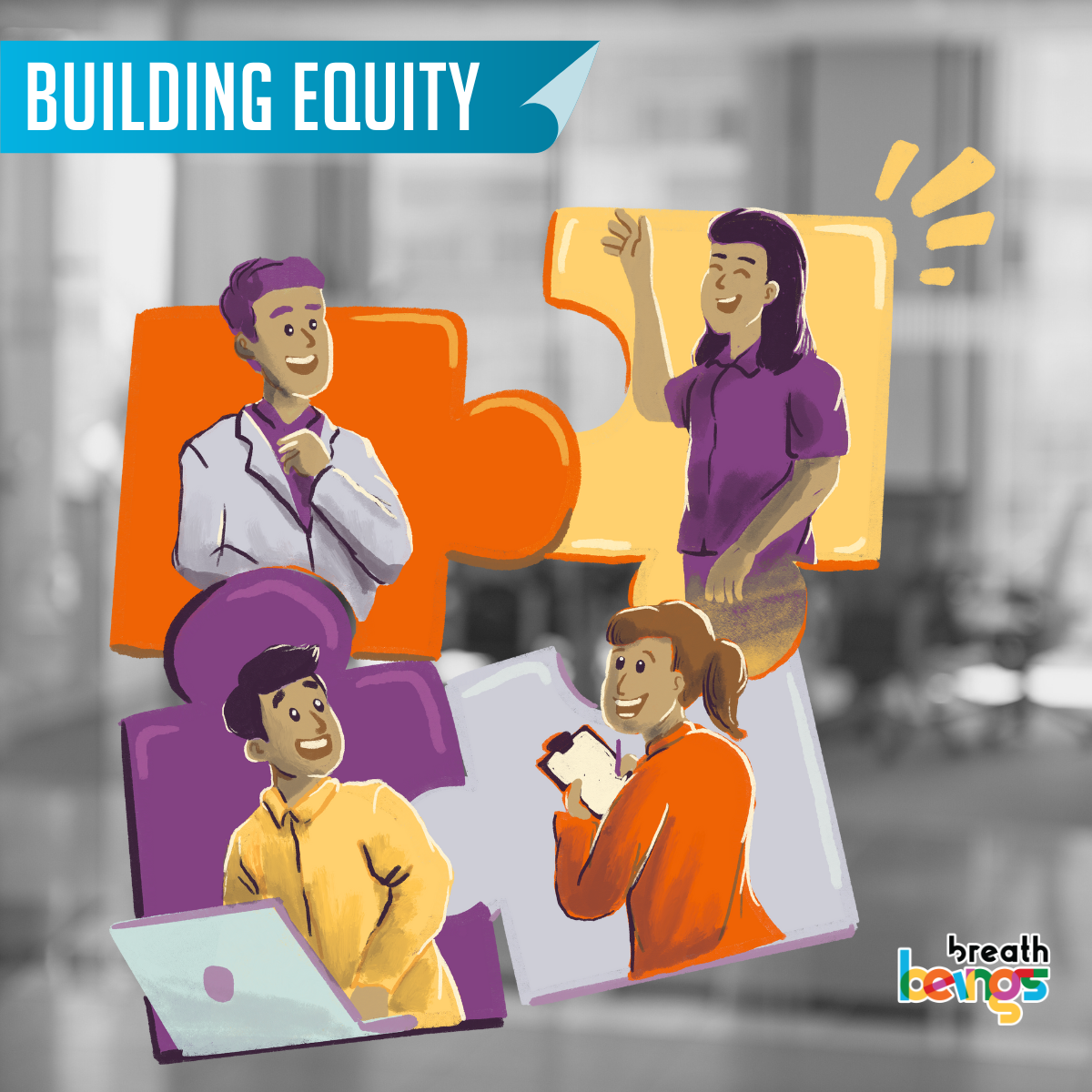“DEI must die. The point was to end discrimination, not replace it with different discrimination” – Elon Musk, 2023 on X.
Musk is no stranger to controversy. A leader who has never bothered to walk the politically right talk. But one of the world’s most powerful men chose his own social media network to amplify dissent against DEI.
A few weeks later, Harvard President Claudine Gay, a black woman, stepped down under pressure over allegations of plagiarism.
Should we in India worry about these incidents?
DEI in India has had a nascent journey. The voices that champion DEI aren’t as strident as they perhaps are in the West. Our journey is multi-faceted and complex. Can today’s leadership still champion inclusivity in a time of layoffs and financial crises?
And does it even matter?
The answer is always yes.
Because as the World Economic Forum notes DEI is now becoming “increasingly important for sustainable growth, resilience and fairer economic outcomes.” Does your organization need DEI?
The answer is always yes. Compared to organizations with no strategy, which stands at 37% today, organizations with a DEI strategy are likely to improve their overall organizational performance by 1.4 times.
So, honestly, Musk or not, inclusion and business success go hand in hand. There’s never a better time to #InspireInclusion. And it all starts here:

#1 Being authentic
To elevate DEI from being a mere buzzword to something impactful, you need to be transparent. Visible. Action-oriented. Take the example of Tata Steel. In 2023, Tata Steel was featured as the only Indian company in the Global Diversity Equity & Inclusion (DEI) Lighthouse 2023 list from the World Economic Forum for creating and implementing successful DEI initiatives. What did they do differently? They made DEI a crucial part of their business strategy and a driving force behind change.
Take action:
- Draw up your DEI strategy, document it, and share it publicly.
- Make DEI a personal priority through your actions, voice your thoughts at town halls and employee meetings, and hold others accountable.
#2 Being empathetic
When a leader demonstrates empathy by listening, talking, and acknowledging the issues of DEI, they build trust with their employees. By being empathetic, leaders also become approachable and display humility, which inspires people to share and emulate. And empathy is not about being emotional. Being empathetic means, you are guided by logic and rationality and can make clear decisions based on a deep understanding of your employees.
Take action:
- Improve your emotional intelligence by reading or even obtaining special coaching to help you discover unconscious biases and traits in yourself.
- Establish a special group to nurture allies and mentors to bring the periphery to the center and enable access to opportunities in terms of voice share and ideas.
#3 Being curious
What makes a person feel included? Being curious and open-minded about different people and cultures and backgrounds can help fine tune our understanding. And actions can be shaped by this understanding. Display your listening skills, solicit ideas, and create a safe space to propose new ideas. Simply saying “tell me more” or “I’m listening” goes a long way in helping others open up to you and provide you with perspectives. Ask questions constantly and seek the answers through discussion and engagement. Is your hiring process really inclusive? Are you creating enough leadership opportunities? Is inclusion embedded in your end to end talent experience cycle?
Take action:
- Organize training workshops for managers and peers.
- Reinforce inclusion as a competency consistently.
- Show visible commitment to your DEI charter
#4 Being vulnerable
“Vulnerability is the birthplace of innovation, creativity, and change” – Brene Brown
Vulnerability is a critical skill for leaders and is vital in building a trusted environment for employees. Talk about your personal stories and learnings to build candour and a power-sharing mindset to create a sense of belonging for employees. Share the mistakes you’ve made. Acknowledge your limitations. Accept disagreements. Sharing your journey to addressing biases demonstrates humility and your willingness to change.
Take action:
- Hold meetings and group events focused on understanding and sharing with employees and peers.
- Invite employees from different backgrounds to these meetings and engage with them.
- Allow team members to propose and implement solutions.
#5 Being clear about company values
Making DEI a personal priority automatically makes it easy for the organization to absorb them. Inclusive leaders inspire transformation by challenging the status quo and existing norms that don’t align with DEI. That means creating a culture of DEI from scratch. This requires driving change at the structural and policymaking level.
Take action:
- Offer flexibility and room for new ways of working
- Normalise and make it easy to avail parental leave
- Recognize different backgrounds and acknowledge cultural events to celebrate diversity
- Encourage team members to self-identify as leaders to inspire an inclusive culture
#6 Being courageous
When DEI becomes a priority, it gives you courage. Speak up when you see discriminatory acts or statements made. Call out the usage of exclusionary words, and behaviours that show gender bias, inequality, etc. Display your core values and self-awareness when you show zero tolerance for biases and build resilience for employees at the workplace. Courage means embracing discomfort, and when you prioritize your employees’ discomfort first, you are on your way to creating a safe workplace for them.
Take action:
- Have an active internal communication system which includes newsletters or company magazines,
- Adopt an open–to-approach policy which enables people to feel they have a psychological safe space and environment
#7 Being an advocate
Inclusion is also about being proactive and not just passive advocacy. Being an active advocate for marginalized groups ensures everyone has a seat at the table. It infuses them with a feeling of being valued. Being an advocate also means educating oneself about weaknesses, threats, and opportunities faced by different groups and being committed to increasing awareness through your own learnings.
Take action:
- Actively discourage discrimination and bias through awareness programs and internal communication campaigns.
- Put your hand up as a leader to mentor and sponsor mid-level women leaders to build an understanding of their lived realities and bridge the gaps to build equity.
#8 Being intentional
Having an inclusive culture is a culmination of intentional, conscious actions. It takes time, it takes effort. Consider existing practices in the organization that might be unintentionally putting many groups at a disadvantage. Revisit traditional hierarchies and leadership approaches. And there’s nothing more powerful and intentional than encouraging and supporting the establishment of Employee Resource Groups (ERGs) and incorporating them into organizational goals.
Take action:
- Ask questions like do you have wheelchair-friendly entrances and exits? Do you have spaces with privacy for women who might need to breast pump?
- Encourage and improve listening in mechanisms in all the ways possible through ERGs.
Wondering how to even begin? Start by evaluating the current landscape. Leaders often underestimate the challenges that underestimated and vulnerable groups face. Build up understanding, obtain concrete data, and use them as your springboard for creating an employee-focused DEI strategy.
Together, transformation is possible.











